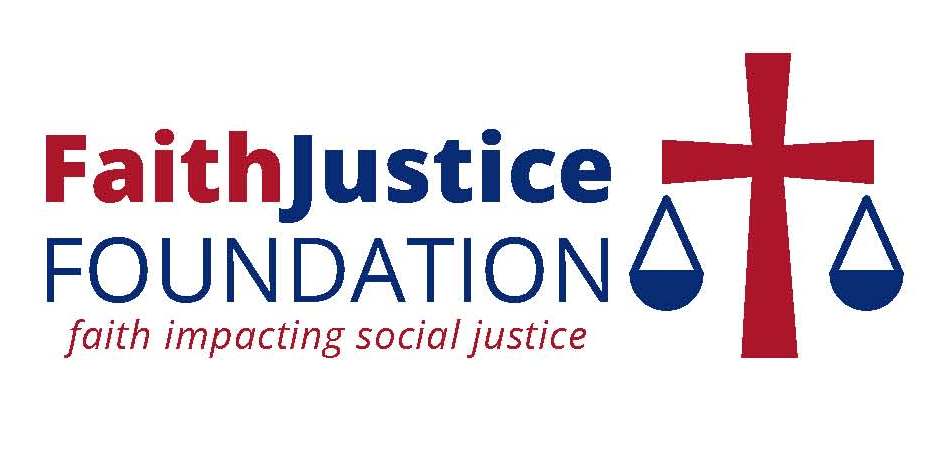Part 4 of the Faith+Justice+Lent Series on Luke 4:18-19 is a guest post written by Kyle Stevenson, M.Div., a graduate of Candler School of Theology and currently a student at Columbia Theological Seminary. From Alexandria, Virginia, he was licensed to preach at Alfred Street Baptist Church and currently attends Ebenezer Baptist Church in Atlanta. Click here for the full series.
Part 4 – A New Kind of Sight – Insight
“The Spirit of the Lord is upon me,
because he has anointed me
to bring good news to the poor.
He has sent me to proclaim release to the captives
and recovery of sight to the blind,
to let the oppressed go free,
19 to proclaim the year of the Lord’s favor.”
– Luke 4:18-19
Luke 4:18-19 is considered to be the go-to text that supports Christian social engagement. Jesus’ initial sermon as recorded in Luke is from Isaiah’s scroll. Jesus stands up to read and finds this specific text in the scroll. This is an act of self-determination that defines Jesus’ ministry. The Anointed One, is anointed to “preach good news to the poor, open the eyes of the blind, and set at liberty those who are oppressed.” That’s what Jesus says; his mission is to set the oppressed free. Therefore, all of us who seek to follow Jesus in a socially-engaged faith should see this as a foundational text for why we do what we do. However, “blindness” means something different to me because of my social location.
“This Lent, let us repent for the ways in which our justice movements have not been inclusive of those with disabilities.”
I am a seeing person. I can physically see with my eyes. I also have Cerebral Palsy. Therefore, though I am a seeing person, my social location as a Black man with a disability makes me particularly aware of the negative use of disability imagery in scripture and in Christian hymnody. We sing of being “once blind but now I see,” “ye, dumb your loosened tongues employ” and “leap ye lame for joy.” These images of disability tend to create the idea that God had an idealized body in mind — a walking body without a limp, a hearing body, a speaking body, and a seeing body. The unfortunate thing about this Luke passage is that, though intended to be a text of liberation, it reflects the oppressive views of disabled bodies in Isaiah’s world and the world of the first century. This Lent, let us repent for the ways in which our justice movements have not been inclusive of those with disabilities.
“Jesus invites us to ‘see’ a new kingdom that is accessible, equitable, fair, and just.”
Thanks be to God, we have come a long way since the times in which these texts were written. But like any marginalized struggle, the work is never over. Yet, present in the gospels are several instances of Jesus giving sight to the blind. Those stories point to something larger than the ability to physically see again. The gospels point us to envision a new world, a new kingdom, and a new identity brought in with the coming of Jesus Christ into our midst. Jesus invites us to “see” a new kingdom that is accessible, equitable, fair, and just. Fanny Crosby was a blind hymn writer who wrote
“Great things he has taught us
Great things he has done
And great our rejoicing through Jesus the Son
But purer and higher and greater will be
Our wonder our transport when Jesus we [truly] see.”
Lenten Blessings,
Kyle Stevenson, MDiv

Support Our Work
The FaithJustice Foundation is a new nonprofit organization that exists to provide education, training, and resources to local congregations starting or building social justice ministries. You can support our work by making your tax-deductible gift through our fiscal sponsor by clicking on the link below. Thank you for your support.

